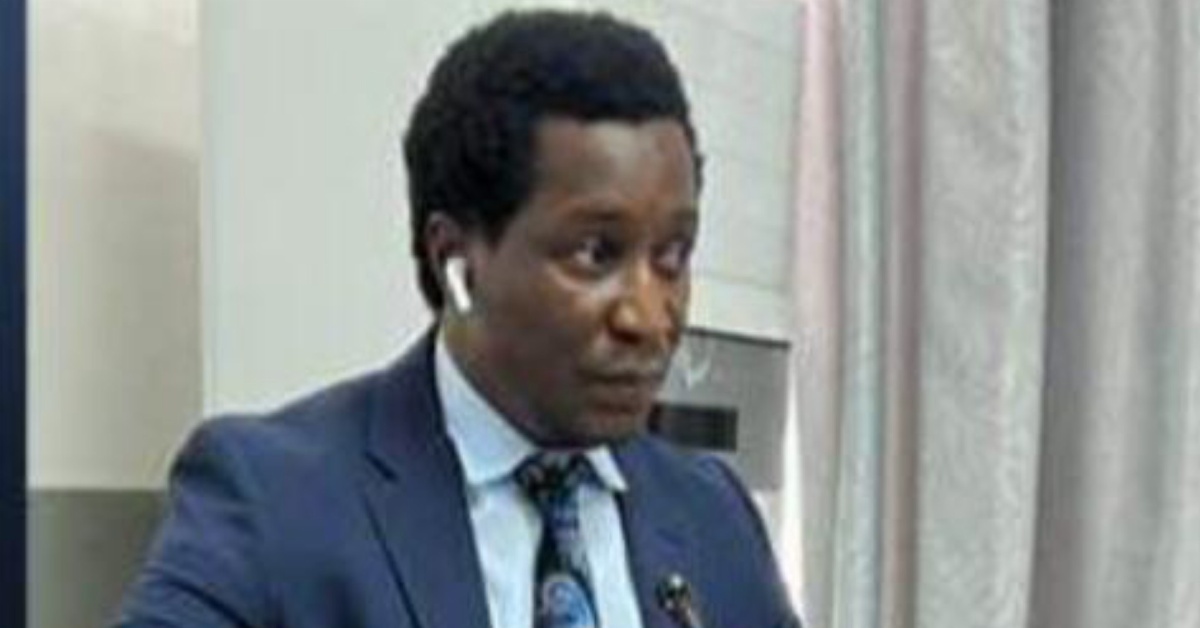On February 14th, 2024, the Native Consortium and Research Center released a scathing press statement, condemning the government’s decision to increase transport and toll fares.
The press release, titled “Native Consortium & Research Centre Raises Concerns Over the Additional Economical Burden Imposed on the People on Transport and Toll Fare,” highlighted the detrimental effects of these increases on the populace.
The consortium expressed deep concern over the pass-through effect these hikes would have on the prices of commodities in the market, foreseeing an unspeakable hardship for the people. “Where is the compassion in this government?” the statement questioned, pointing out the apparent disregard for the citizens’ economic well-being.
One of the primary targets of the consortium’s criticism was the “criminal” Waka Fine Enterprise bus fare, which it accused of causing more suffering than serving its purported good intentions under the World Bank grant. The consortium vehemently opposed this fare increase and threatened to escalate the matter by formally lodging a complaint directly to the World Bank President in Washington DC if the Ministry of Transport failed to revert to the previously lower fare of LE5.
In addition to addressing the bus fare issue, the consortium also took aim at the Works Minister’s justification for the over 100% increment in toll road fees. It called upon the parliament to compel transparency from the Chinese contractors regarding the funds collected since 2016, in comparison to the $161 million loan agreement.
“The Native Consortium is not surprised,” the statement read, implying a lack of shock at the Works Minister’s stance. It urged parliamentary intervention to hold the Chinese contractors accountable and demanded clarity on the financial transactions related to the loan agreement.
This bold move by the Native Consortium and Research Center reflects growing discontent among citizens over rising transportation costs and government policies perceived as burdensome. The consortium’s threat to involve international bodies underscores the seriousness of the situation and the extent to which citizens are willing to go to protect their interests.
As the government faces mounting pressure from civil society organizations like the Native Consortium, it must heed the concerns raised and engage in constructive dialogue to address the economic challenges faced by its citizens. Failure to do so risks further alienating the populace and eroding public trust in governmental institutions.
In the coming days, all eyes will be on the response of the government and whether it chooses to heed the calls for transparency and accountability or face the consequences of continued dissent and unrest.












Salone na farm for greedy politicians